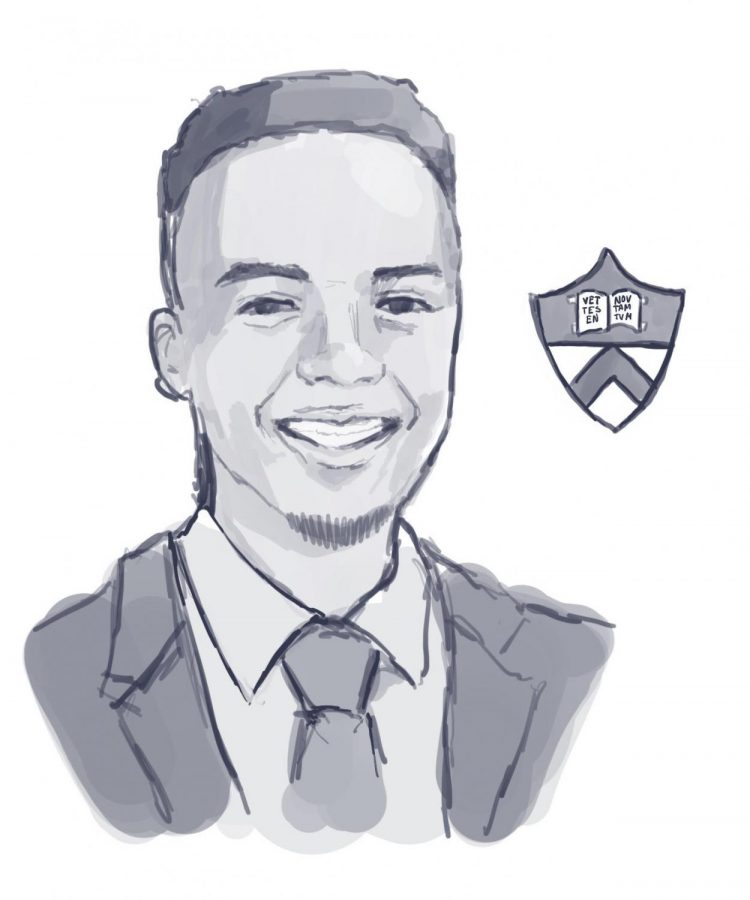Princeton University Names Nicolas Johnson ’20 as First Black Valedictorian
Nicholas Johnson is Princeton’s first valedictorian in its entire 274 year history. (Image/Amy Zhou ’23)
Although he may not do it while standing in front of his classmates under the shadow of Nassau Hall as he might have wished, Nicholas Johnson ’20 was recently distinguished with the honor of giving the valedictorian speech at Princeton University’s commencement. Johnson, an operations research and financial engineering major from Montreal, is Princeton’s first black valedictorian in its 274 year history.
Just a quick glance at Johnson’s resumé reveals why he is so deserving of this honor and place in Princeton’s record books. A member of Tau Beta Pi, Princeton’s Chapter of Engineers Without Borders, and a Writing Fellow in Princeton’s Writing Center, Johnson is deeply involved in his community and appears poised to use his new platform to serve and inspire others. His tweet in response to First Lady Obama’s congratulatory post seems to encapsulate this sentiment perfectly: “I hope to be a source of inspiration and leave a positive impact on the world as you have.”
Johnson’s achievement gains extra significance when considering the fact that Princeton’s first nine presidents held slaves and that there were slaves auctioned on campus, which indicates why Johnson being chosen as valedictorian constitutes a major step towards reconciling both the university’s troubled history and some of the racism that still persists in our town today.
Princeton University has retained lasting remnants of slavery and has been criticized for a number of actions, even within the past decade. For example, Princeton recently refused to remove the “black box” (which indicates whether you have a criminal record) from its application, which many consider in support of a justice system that disproportionately targets people of color. Additionally, in 2018, students walked out of one of their seminars when the white professor repeatedly said the n-word. Neither Princeton nor American society are free from their histories, but the university has been working towards mending its past actions and improving its present ones.
Consequently, though the impacts and implications posed by Princeton’s history still mark its halls today, Johnson becoming valedictorian alongside the research undertaken by institutions like The Princeton & Slavery Project, which has made its main goal to investigate Princeton’s ties to slavery, stimulate necessary conversations about the legacy of slavery within Princeton and how we can start building towards a more equitable community for all races.
Though it is shocking that it took 274 years for it to happen, the fact that Princeton has finally named a black valedictorian is something that should be celebrated. While there is still much work to be done, Johnson’s accomplishment and the work of The Princeton & Slavery Project speak to Princeton’s progress towards becoming a place where everyone feels accepted and has access to equal opportunities.


